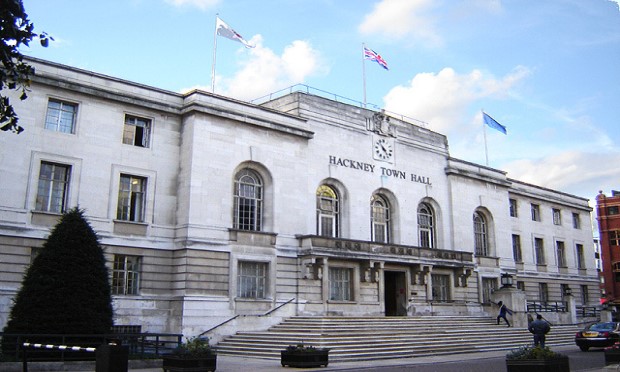New five-year health strategy aims to ‘break down barriers in society’ for learning disabled people

A new five-year strategy to support learning disabled people across Hackney and City of London is being developed by the area’s NHS clinical commissioning group (CCG).
The Integrated Commissioning Strategy for Learning Disabilities (ICSLD) is currently set out to “break down the barriers in society” encountered by learning disabled people.
It aims to do this by attempting to promote more accessible environments, tackling prejudice and discrimination, and making sure organisations have flexible policies.
The strategy, which has been co-written with learning disabled people and carers, comes at a time when the costs of providing services has substantially increased.
The area’s specialist Integrated Learning Disabilities Service (ILDS) is already in an overspend for the year of £4.2m as the costs of care packages such as supported living and daycare increase alongside demand for services.
Long-Term Conditions Programme Manager Charlotte Painter said: “The strategy is based on the social model of disability, which is based on dismantling the boundaries that are created by society, rather than looking at the impairments of the individual.
“It’s a five-year vision looking at how we can start to address some of the health inequalities in this group.
“The vision is that for learning disabled people are active and valued in a community that is accessible and enabling, with the same opportunities as everyone else in the community.”
Penny Heron, commissioning officer at London Borough of Hackney, added: “We really want to step away from the old approach of containing people, and seeing them as active citizens within the community.”
City & Hackney clinical commissioning group (CCG) lay member Honor Rhodes called for more attention to be paid in the strategy to honouring learning disabled people’s ambitions to love and work by including intimate relationships in the plans.
Plans for the ICSLD, which will focus on the four areas of Independence, Where I Live, My Community, and My Health, have been sent for further work after concerns were raised by Ian Williams, Hackney’s group director of finance and corporate resources, over how it would be costed.
Williams said: “One thing I’m not entirely clear upon is that it is great to have this strategy, but I’m not seeing clearly enough how this is affordable and resourced.
“What’s set out here is very ambitious, but there’s no financial context here from what I can see, unless I’ve missed it.
“There’s a danger you can agree a degree of ambition and expectation that ultimately, given the pressures on local finances, needs some reflection.”
Sunil Thakker, executive director of finance for NHS City & Hackney clinical commissioning group (CCG) added: “I recognise Ian’s concerns, and am mindful that, as a system, we only have a limited amount of money.
“But if you don’t aim and aspire to move to a different place, being in an as-is situation will be far worse, so I’m mindful that we should invest time and effort in this, look at our finances and see what’s doable.”
It is understood the strategy is to be brought back to the integrated commissioning board in four months’ time.
Approximately 2.4 per cent of adults in the City and Hackney population have a learning disability, adding up to 4,937 people in Hackney and 177 people in the City in 2015.
This is expected to rise to 5627 in Hackney by 2035, and 346 in the City.
Cllr Chris Kennedy (Lab, Hackney Wick), cabinet member for families, early years and play, said: “I welcome this, and think it’s absolutely in the right area. If you look at our papers, special educational needs and disabilities (SEND) is on our risk register as a resource pressure.
“When we’re looking at some of the financial outturns of the Integrated Learning Disabilities Service and Planned Care results, they are a cause for concern.
“It’s absolutely right that we have to look at this in the context of how this can be resourced.”
